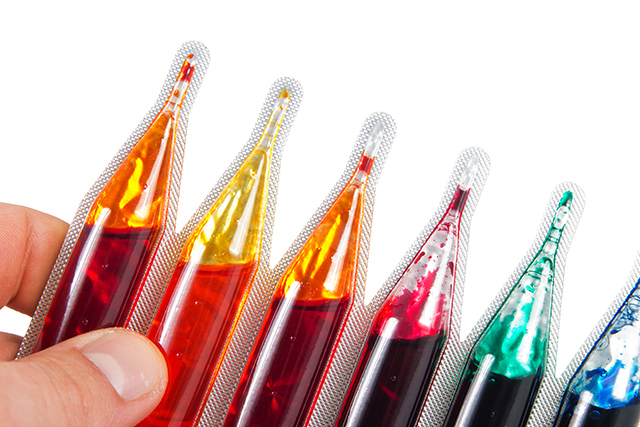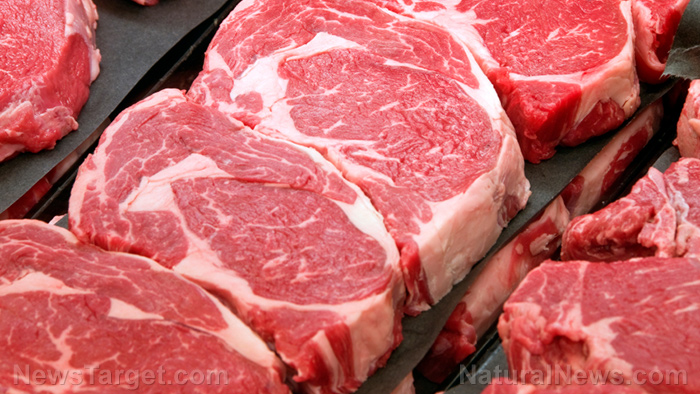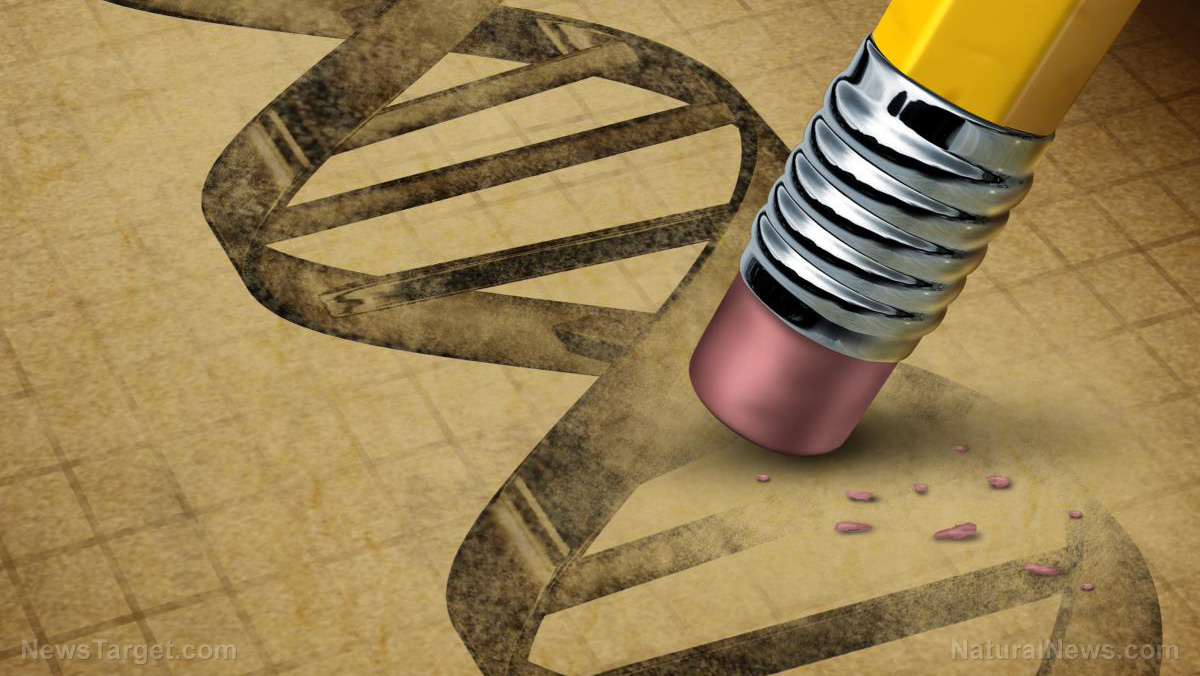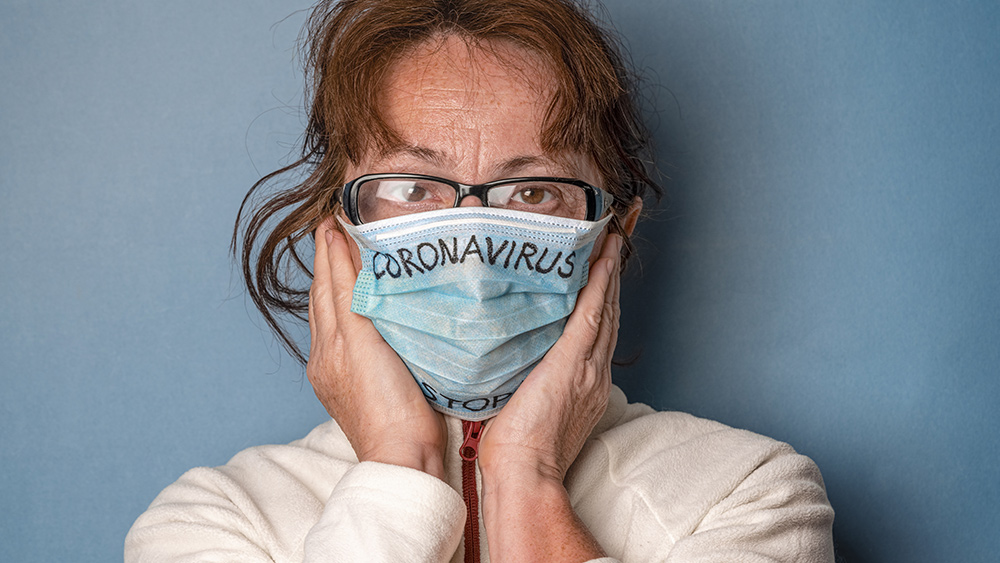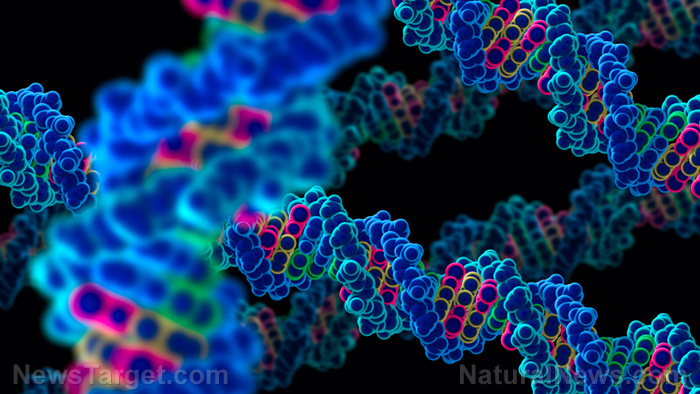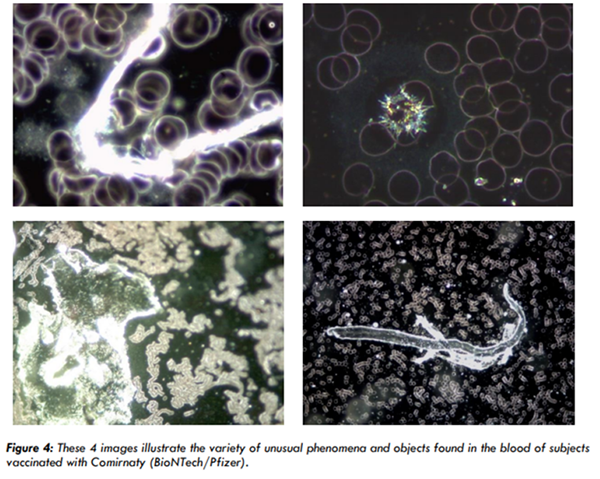Eating salmon can lower your risk of cardiovascular disease, but which kind should you buy?
06/05/2019 / By Michelle Simmons

Heart disease remains to be the leading cause of death in the U.S., making it a top priority for researchers to find ways to help lower the risk of having the disease. Adhering to a healthy diet is an excellent way of preventing heart disease, and this often includes fatty fish like salmon. In a study published in the journal Nutrition Research, researchers found that the consumption of salmon twice a week could reduce the risk of cardiovascular disease.
The Dietary Guidelines for Americans suggest eating fish at least twice a week. Salmon is a good source of omega-3 fatty acids which have positive lipid-modifying effects, but it is unknown whether these effects are dose-dependent.
In the study, researchers at Grand Forks Human Nutrition Research Center, the University of Minnesota, and the University of North Dakota looked at the effect of Atlantic salmon intake on lipoprotein particle size and concentration associated with cardiovascular disease risk. They hypothesized that low-density lipoprotein (LDL) particle size and high-density lipoprotein (HDL) particle size and concentration would increase with salmon intake in a dose-dependent manner.
To test their hypothesis, the researchers recruited 19 overweight adults who were then randomly assigned to consume 90, 180, or 270 grams (g) of Atlantic salmon twice a week for four weeks. Following a four- to eight-week washout, participants crossed over to another dose of fish intake until all treatments were completed. While the researchers used Atlantic salmon for the study, it is important to remember that this type of salmon is mostly farmed. When buying salmon, it is better to choose wild-caught ones. (Related: Here’s why wild-caught is better than farm-raised salmon: It has a more diverse nutritional profile.)
The results showed that consumption of salmon reduced plasma and serum triglyceride levels and increased plasma HDL cholesterol levels. It also reduced very low-density lipoprotein (VLDL) particle and chylomicron particle, while LDL particle concentrations were increased in a dose-dependent manner. The mean size of VLDL particle was reduced, while that of LDL increased. As total triglyceride was reduced, the triglyceride content of VLDL particle and chylomicron particle also dropped. These findings indicated that consuming salmon twice every week affects lipoprotein particle size and concentration in a manner linked to cardiovascular disease risk reduction.
Choosing the right kind of salmon
Salmon may be healthy, but there are many types of salmon and some you should avoid. As mentioned earlier, it is better to choose fresh wild-caught salmon over farmed varieties. In addition to having an overall better nutritional profile, wild-caught salmon have a healthier ratio of anti-inflammatory omega-3 fatty acids to inflammatory omega-6 fatty acids. Wild-caught salmon is also a better option because farmed salmon are more likely to contain contaminants, such as cancer-causing dioxins, and are harmful to the environment as they may spread diseases to wild-caught fish and encourage overfishing.
There are five species of salmon that the U.S. and Canadian boats fish in the Pacific Ocean: King or chinook, sockeye, silver or coho, pink, and chum. These species vary in price, color, and taste, but all of which are healthy options.
The king variety is the largest and has the highest amounts of healthy fats. It also has a buttery texture and has a flesh that ranges from white to a deep red color. Sockeye, on the other hand, is an oilier fish with a deep-red flesh and stronger flavor. Coho is milder in flavor and lighter in color, while pink and chum are smaller and most frequently used in canning or smoking.
Sources include:
Submit a correction >>
Tagged Under:
Atlantic salmon, cardiovascular disease risk, cardiovascular health, cholesterol, clean food, fatty fish, fish, food cures, food is medicine, functional food, heart health, lipids, lipoprotein, lipoprotein particle, prevention, research, salmon, triglycerides
This article may contain statements that reflect the opinion of the author








